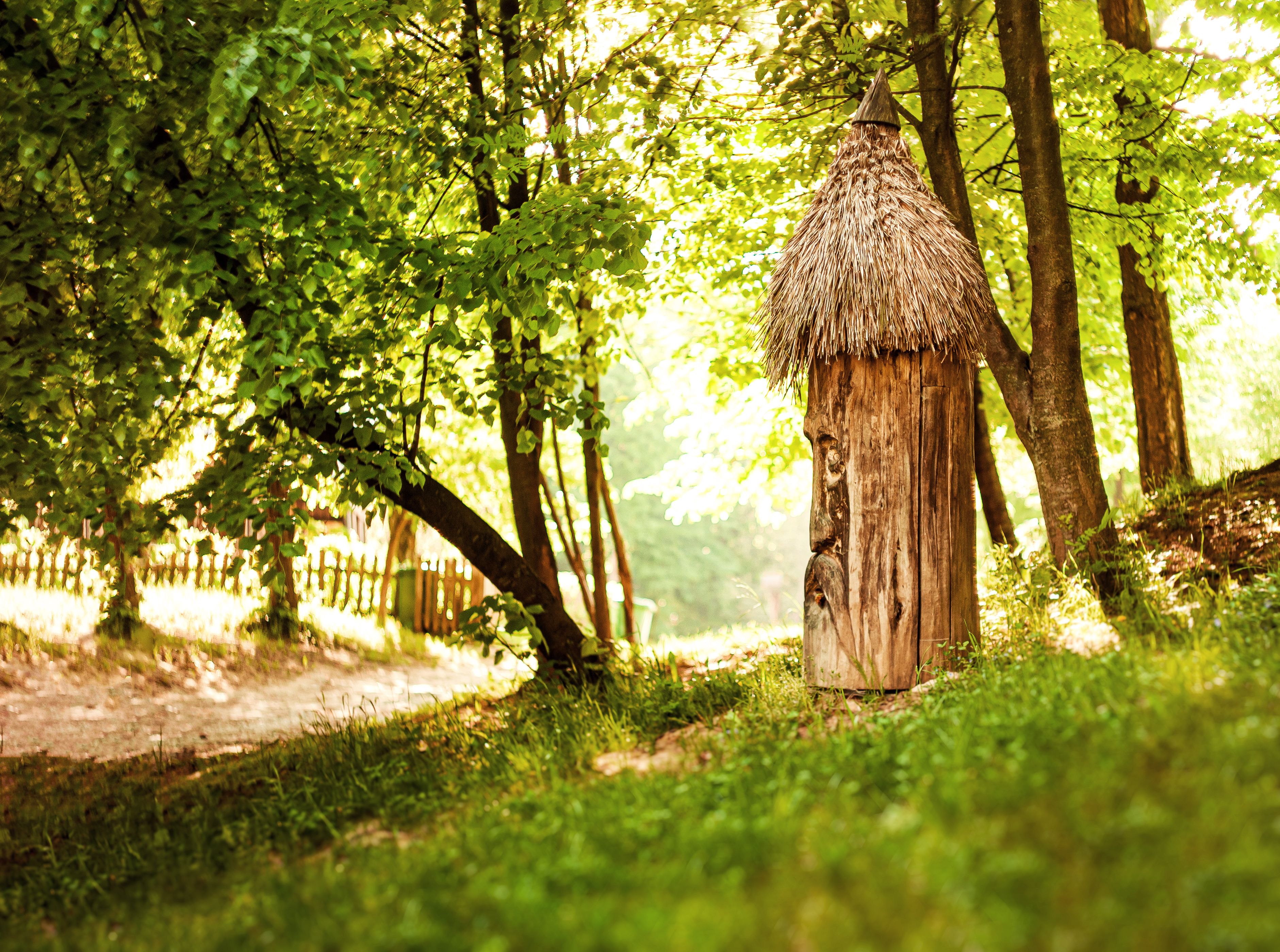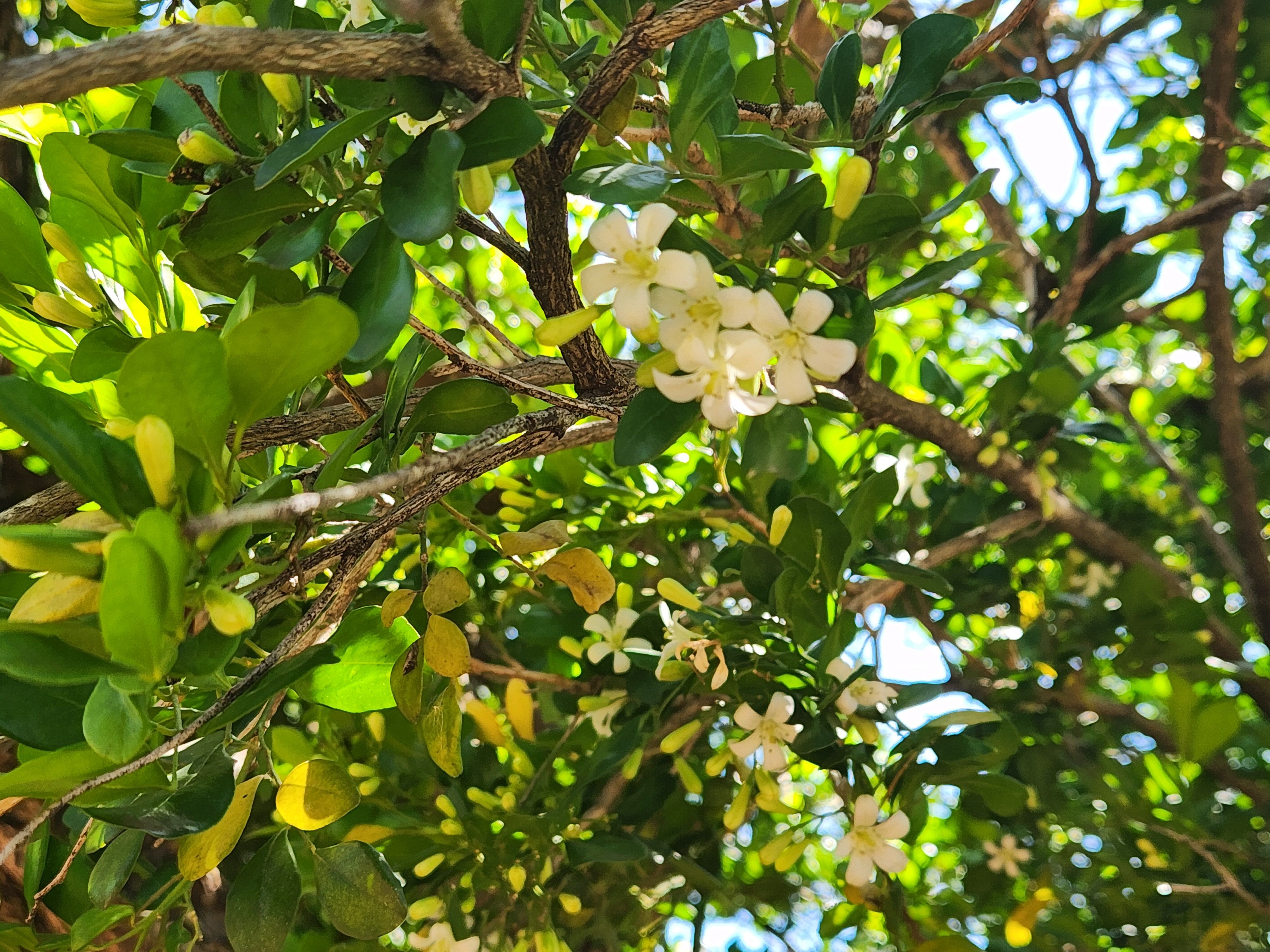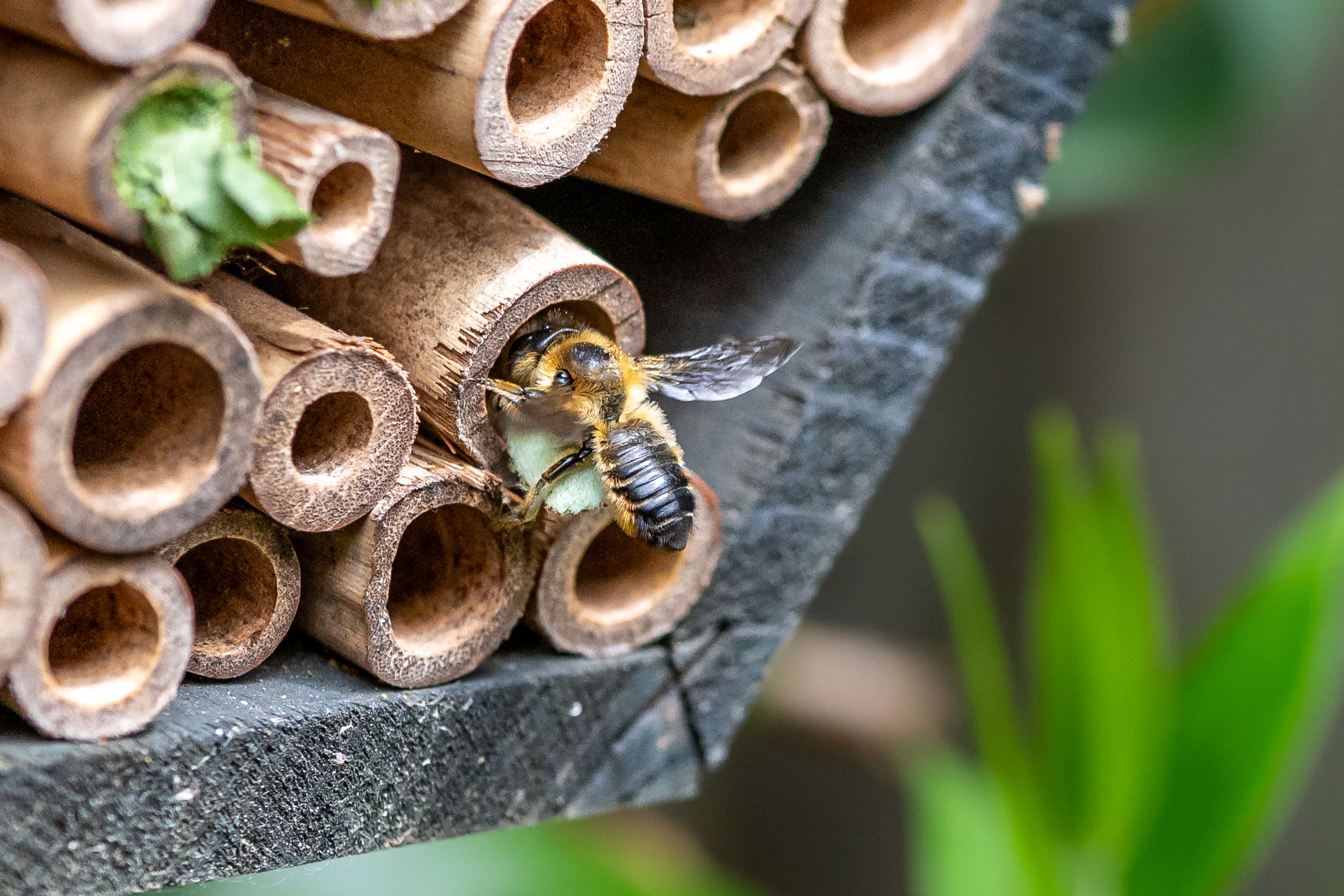The Historical Significance of Bees
The Role of Bees in Ancient Cultures
Bees have played a crucial role in human history, dating back to ancient civilizations. In Ancient Egypt, bees were considered symbols of power and used in royal iconography. The Egyptians were among the first to practice beekeeping, using hives made from clay and straw. Honey, revered as a sacred substance, was offered to gods and used in embalming processes.
In Ancient Greece, bees were associated with the goddess Artemis and were considered messengers of the gods. The Greeks also documented the medicinal properties of honey, using it to treat wounds and illnesses. This early recognition of bees’ value laid the foundation for our understanding of their importance today.

Bees in Mythology and Folklore
Bees have also been significant in mythology and folklore. In many cultures, they were seen as symbols of immortality and resurrection. The Celts believed that bees were the link between this world and the spirit world, often used in rituals to communicate with the dead. Similarly, in Hindu mythology, bees are associated with love and creation.
Folklore from various regions emphasizes the importance of treating bees with respect. For example, the tradition of "telling the bees" involved informing the bees of significant family events, such as births and deaths, to maintain harmony and prosperity.

The Agricultural Revolution and Bees
During the Agricultural Revolution, the role of bees became even more pronounced. As agriculture expanded, the demand for pollination grew, solidifying the relationship between humans and bees. Beekeeping evolved with the development of movable-frame hives, allowing for more efficient honey extraction and better colony management.
Bees played a crucial role in crop production, contributing significantly to the success of agricultural societies. This symbiotic relationship highlighted the dependence of human survival on these industrious insects.

Modern Understanding of Bees’ Importance
Today, the historical significance of bees continues to resonate as we face environmental challenges. Bees are essential pollinators, responsible for the reproduction of many plants and the production of a significant portion of the world’s food supply. Their decline due to habitat loss, pesticides, and climate change has raised global concerns.
Conservation efforts are underway to protect bee populations and ensure their continued role in ecosystems. Understanding their historical significance helps underscore the urgency of these efforts and the need to preserve these vital creatures for future generations.

Conclusion
The historical significance of bees extends beyond their role in agriculture and mythology. They are a testament to the interconnectedness of natural and human systems. As we continue to learn from the past, it is crucial to advocate for the protection and conservation of bees, ensuring their place in our world for centuries to come.
